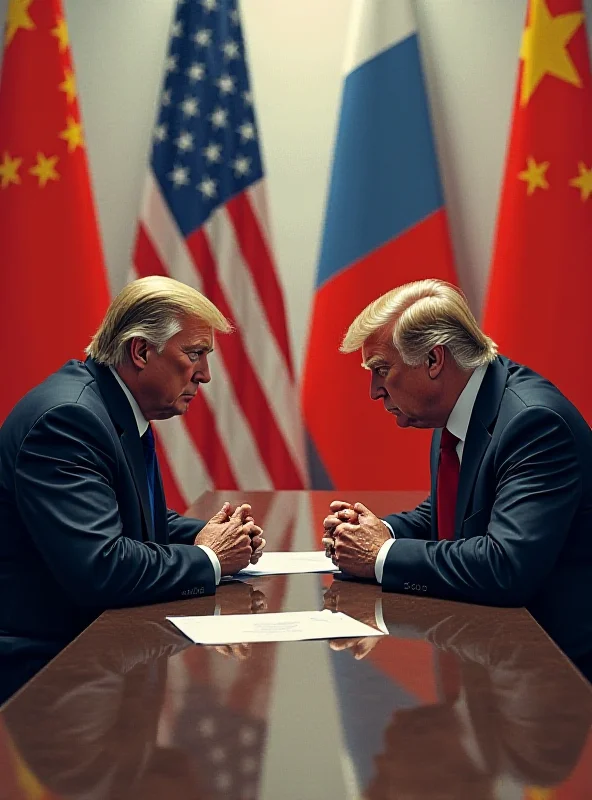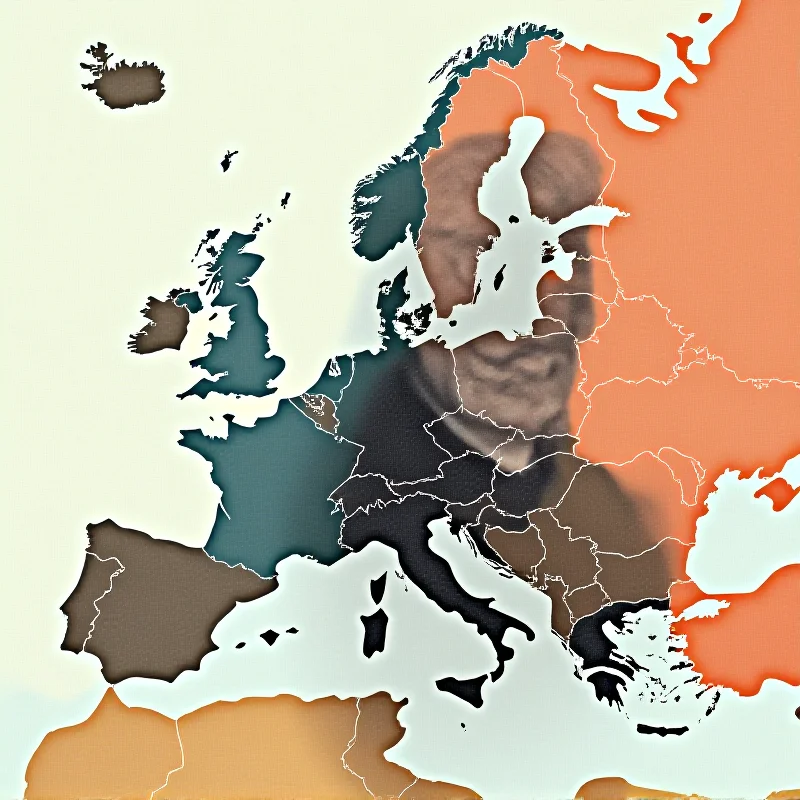Tomáš Garrigue Masaryk, a pivotal figure in Czech history, remains a subject of intense scrutiny and relevance even today. His life, marked by both triumphs and internal struggles, provides a lens through which we can view contemporary geopolitical anxieties. From his candid criticisms of Czech politics to the current concerns about Russian aggression and shifting alliances, the echoes of the past resonate in the present.
Masaryk's Inner Turmoil
Beyond the public image of a statesman, Masaryk was a man wrestling with profound doubts. His private correspondence, particularly with Oldřa Sedlmayerová, reveals a side rarely seen. "In no other correspondence... was Tomáš Garrigue Masaryk so open," reveals one source, highlighting his brutal criticism of political opponents and even close collaborators. He expressed deep disgust with Czech politics and literature, painting a picture of a leader burdened by the weight of his responsibilities and disillusioned with the very system he helped create.

The sudden death of Masaryk is often seen as symbolic. One article notes, "They found him face down on the pavement. Masaryk's sudden death was the symbol of the end of a free era." This tragic event serves as a stark reminder of the fragility of freedom and the ever-present threat of external forces seeking to undermine it. The fact that vital historical documents related to this era remain inaccessible in Russia only adds to the sense of unease and unresolved questions.
Geopolitical Shadows
Today, the specter of Russia looms large once again. The war in Ukraine and the shifting dynamics between global powers have sparked fears of a new Cold War. UK Prime Minister Keir Starmer has warned that Vladimir Putin could reinvade Ukraine unless the US provides security guarantees. He emphasizes that a US backstop for a British and French-led peacekeeping force is essential to prevent further conflict in Europe.

Furthermore, concerns are growing among Europeans regarding international diplomatic shifts. The cancellation of a meeting between Rubio and High Representative Kallas, coupled with the rekindling of diplomatic relations between the USA and Russia in Istanbul, has fueled anxieties about a potential realignment resembling a "New G8," with Putin playing a central role. This echoes a sentiment of unease that has been growing in Europe in recent years.
A Complex Interplay
The connection between Masaryk's era and the present day might seem tenuous at first glance. However, the underlying themes of national identity, political integrity, and the struggle against external aggression remain strikingly relevant. Masaryk's internal struggles reflect the challenges faced by any leader navigating complex political landscapes. The current geopolitical tensions highlight the enduring importance of vigilance and international cooperation in safeguarding freedom and stability.

The claim by South Korea that North Korea (DPRK) should have sent more soldiers to Russia further complicates the picture, illustrating the interconnectedness of global conflicts and the potential for escalation. The legacy of Masaryk, therefore, is not just a historical footnote but a continuing narrative that informs our understanding of the present and shapes our concerns for the future.
In conclusion, from Masaryk's personal doubts to the geopolitical fears gripping Europe today, the past continues to inform the present. The challenges of leadership, the fragility of freedom, and the ever-present threat of external forces remain as relevant as ever.
